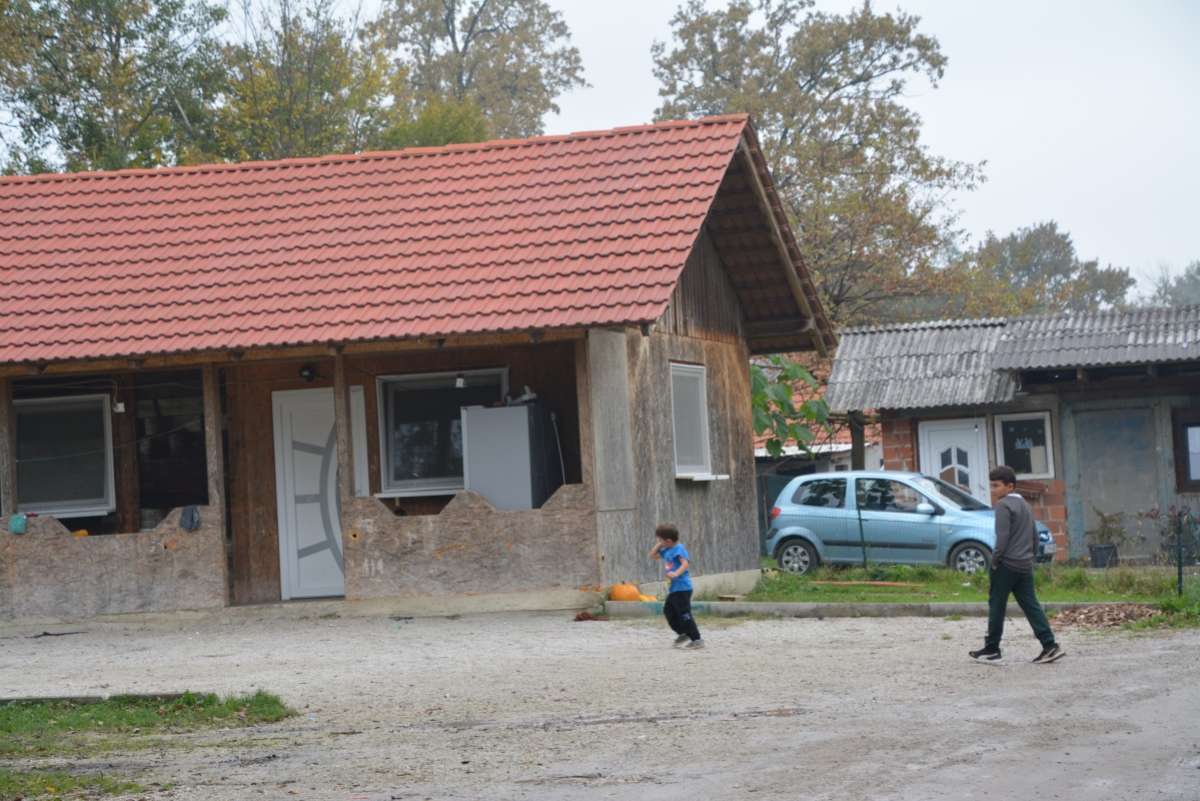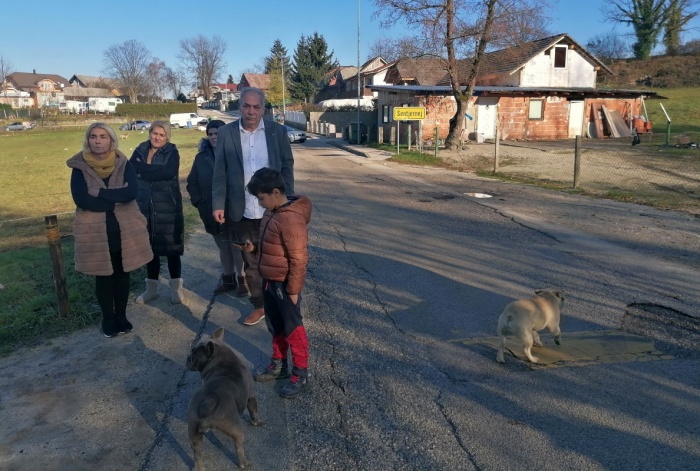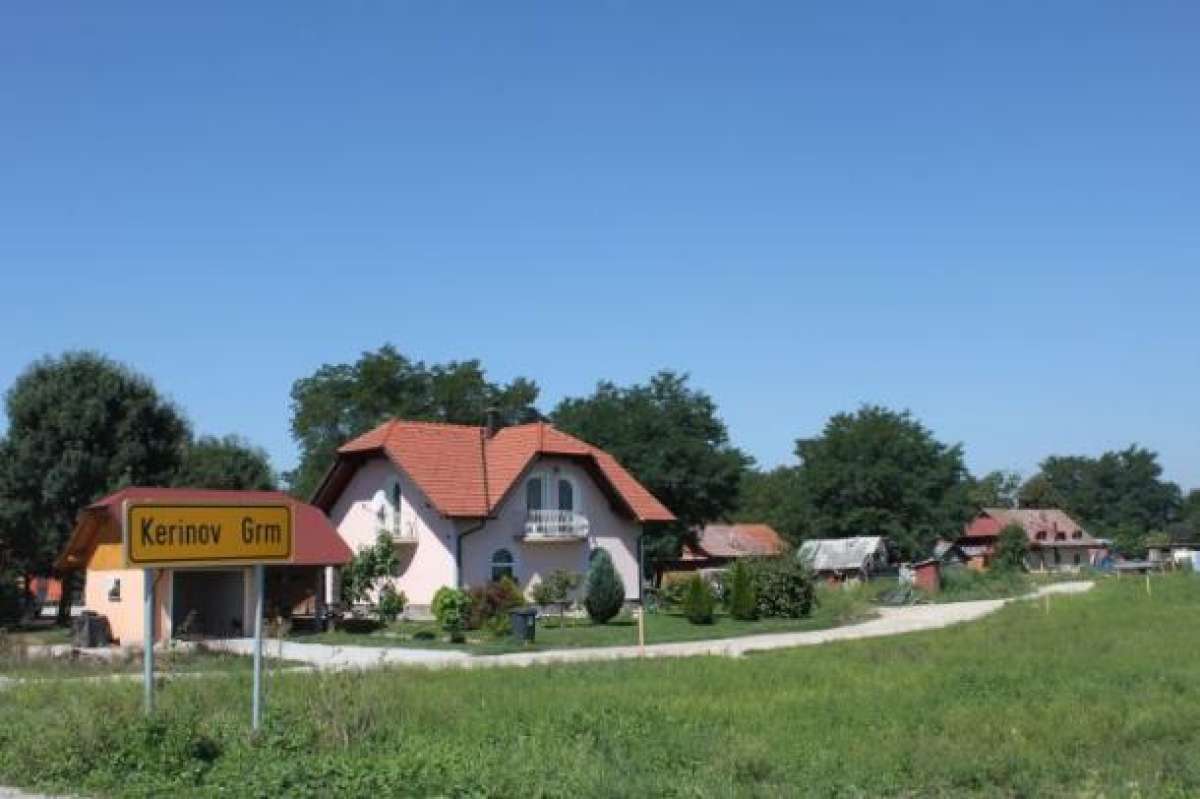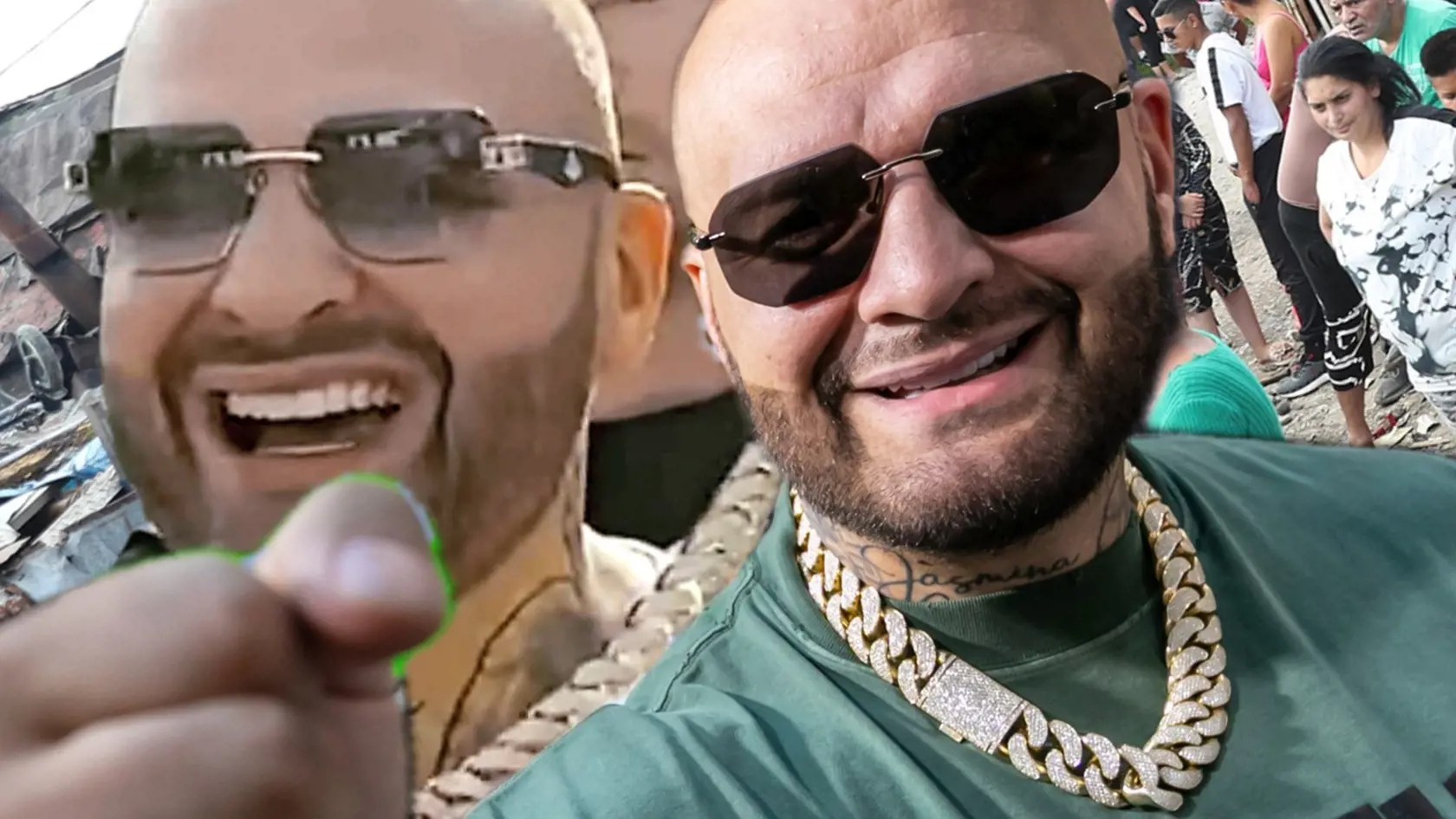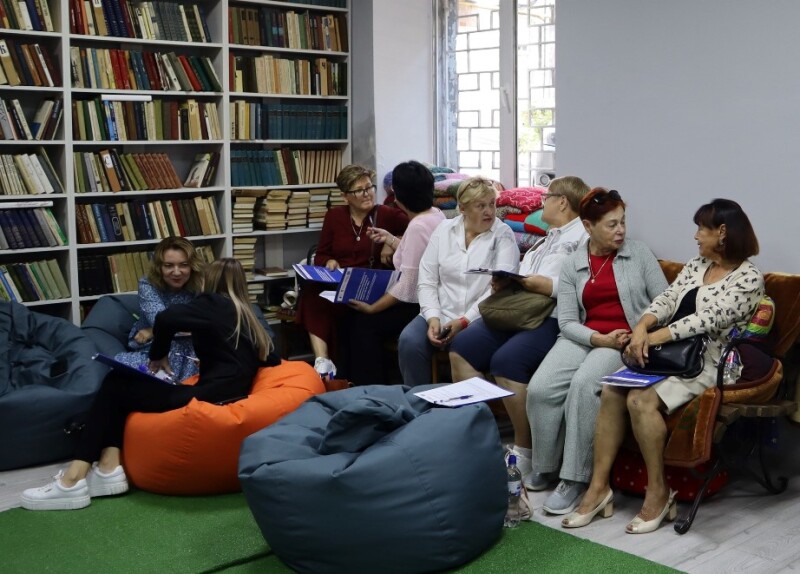From November 1 to 3, the 24th BaruvaS meeting took place in Prague. It focused on connecting young Roma with literature and art. The participants took a thematic walk around Žižkov with journalist and writer Patrik Banga, experienced his author’s reading, and the climax of the program was a visit to the performance of Romeo and Juliet at the ABC Theatre in Prague.
- BARUVAS v Praze: Mladí Romové objevovali literaturu a umění s Patrikem Bangou. In: Romea. 07.11.2024. https://romea.cz/cz/domaci/baruvas-v-praze-mladi-romove-objevovali-literaturu-a-umeni-s-patrikem-bangou

